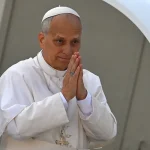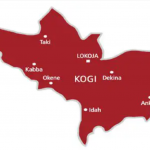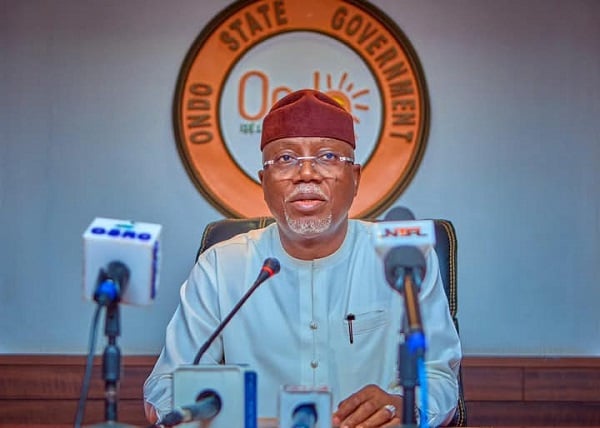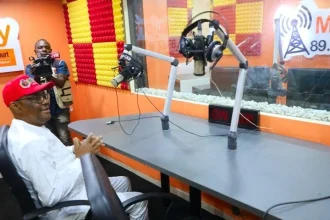The Ondo State Government has brought back its Emergency Medical Services to give quick help to accident victims, who will now receive free treatment for the first 48 hours.
Governor Lucky Aiyedatiwa announced the development during the 2025 Annual Socio-Scientific Conference and Training of the Association of Medical Social Workers of Nigeria, held at the University of Medical Sciences, Ondo.
Aiyedatiwa, represented by his Special Adviser on Health Matters, Prof. Simidele Odimayo, said the service, which had been inactive for years, was restructured to ensure faster response and better care for accident victims.
“Accident victims in the state can now access emergency assistance by calling dedicated mobile numbers, after which ambulances will promptly convey them to the nearest general hospital for stabilisation and treatment. Significantly, the Ondo State Government will cover all medical expenses incurred within the first 48 hours of such emergencies,” he said.
He added that the EMS bases in Bolorunduro, Igbara-Oke, and Ore were being renovated to support the reactivation plan.
The governor also praised medical social workers for helping bridge social and economic gaps in healthcare. He said the government was upgrading facilities in Ikare Akoko, Okitipupa, and Ore to improve access to quality medical care.
“In addition, over 100 healthcare facilities — including general hospitals and primary health centres — are being renovated, with new staff housing, solar-powered lighting, boreholes, and perimeter fencing to enhance safety,” he said.
Chief Medical Director of UNIMED Teaching Hospital, Dr Michael Gbala, called on medical social workers to promote fairness in healthcare.
“They must ensure that access to quality care is not determined by geography, social status, or educational background,” Gbala said.
He also urged them to collect and use data effectively to support poor patients and attract donor funding.
Keynote speaker, Prof. Jane Adebusuyi of Lead City University, Ibadan, encouraged medical social workers to keep advocating for the needy.
“AMSWON, we are the voice of the voiceless and the hopeless in clinical settings. Therefore, we must break the culture of silence and speak on behalf of needy patients,” she said.











